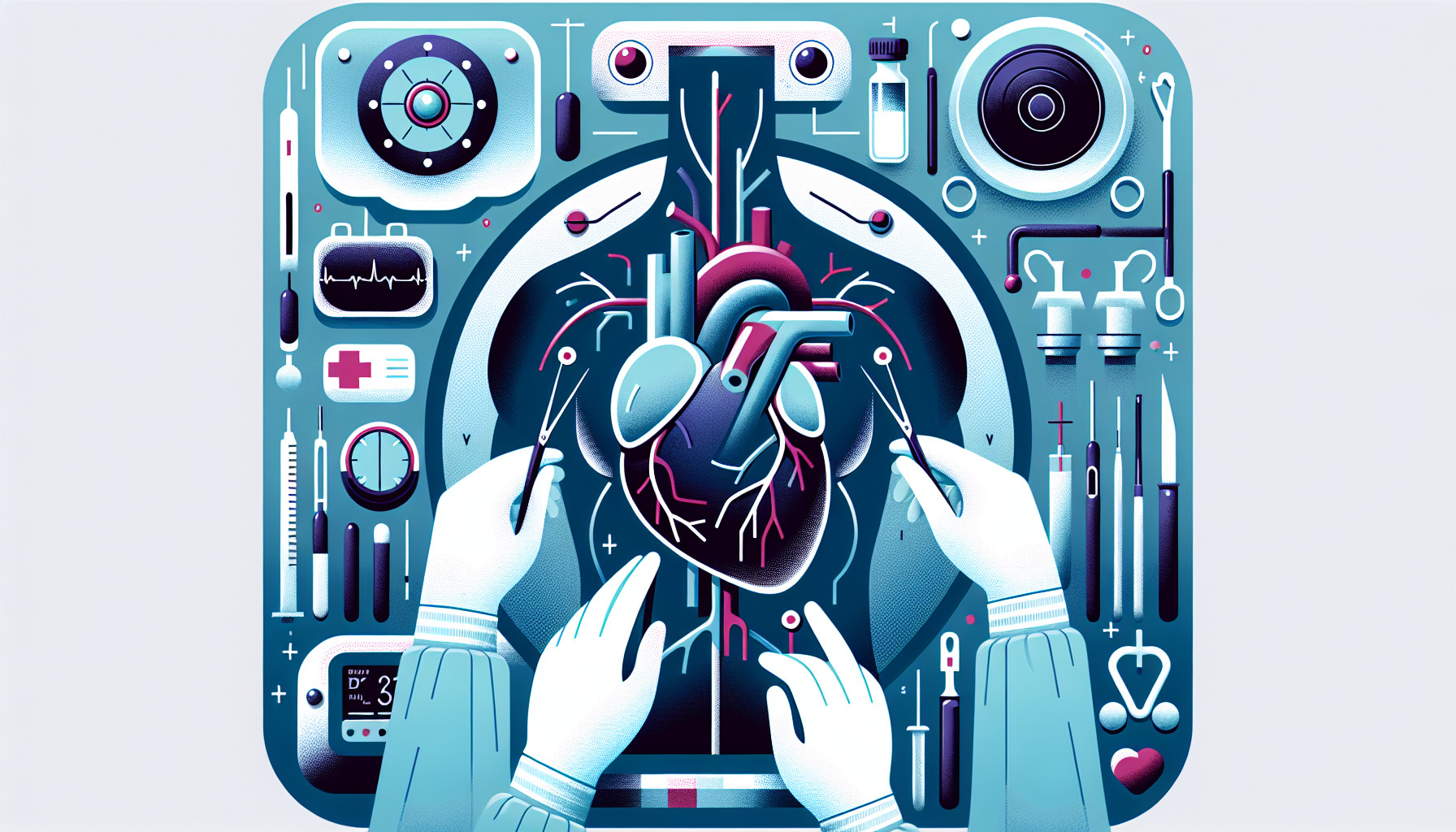Our Summary
This research paper is all about understanding the connection between being optimistic and recovering after having a heart bypass surgery. The researchers did a thorough review of previous studies on this topic. They looked at studies where the participants were at least 18 years old and had elected to have a heart bypass surgery, and where their level of optimism was measured using recognized methods.
After searching through over 1,800 articles, they found 7 that met their criteria. These articles were about 1,276 patients who had chosen to have the surgery. The findings showed that patients who were optimistic had better recovery results. This includes lower chances of being readmitted to the hospital, fewer complications, less pain, and fewer physical symptoms. They also had better quality of life, were able to return to their normal life faster, and had better mental health.
However, the researchers point out that because there are so many different factors that can affect recovery, it’s hard to say for sure how much being optimistic helps. They suggest that more research is needed to clarify this.
FAQs
- What is the main focus of the research paper about coronary artery bypass?
- What were the findings of the research in relation to the level of optimism and recovery outcomes after heart bypass surgery?
- What did the researchers suggest based on their findings about the role of optimism in recovery after heart bypass surgery?
Doctor’s Tip
One helpful tip a doctor might tell a patient about coronary artery bypass surgery is to maintain a positive and optimistic mindset throughout the recovery process. Studies have shown that being optimistic can lead to better outcomes and faster recovery after surgery. So, try to focus on the positive aspects of your recovery, stay motivated, and believe in your ability to heal and get back to a healthy lifestyle. Remember that your mindset can play a significant role in your overall well-being and recovery.
Suitable For
Patients who are typically recommended for coronary artery bypass surgery are those with severe blockages in their coronary arteries that are causing significant symptoms such as chest pain (angina) or shortness of breath. These patients may have already tried other treatments such as medication or lifestyle changes without success. Additionally, patients who are at high risk for a heart attack or other serious cardiovascular events may also be recommended for coronary artery bypass surgery.
It is important for patients to discuss their individual case with their healthcare provider to determine if coronary artery bypass surgery is the most appropriate treatment option for them.
Timeline
Timeline before coronary artery bypass surgery:
- Patient is diagnosed with coronary artery disease and recommended for bypass surgery
- Patient undergoes pre-operative tests and consultations to assess their overall health and readiness for surgery
- Patient prepares physically and mentally for the surgery, including making necessary lifestyle changes and discussing any concerns with their healthcare team
- Surgery date is scheduled and patient goes through pre-operative preparations
Timeline after coronary artery bypass surgery:
- Patient undergoes the surgery, which typically takes several hours to complete
- Patient is monitored closely in the intensive care unit immediately after surgery
- Patient is transferred to a regular hospital room once stable, where they continue to be monitored and receive post-operative care
- Patient begins the recovery process, which includes physical therapy, medication management, and follow-up appointments with their healthcare team
- Patient gradually resumes their daily activities and makes necessary lifestyle changes to promote heart health
- Patient continues to attend follow-up appointments to monitor their progress and make any necessary adjustments to their treatment plan
What to Ask Your Doctor
Some questions a patient should ask their doctor about coronary artery bypass surgery and recovery include:
- How important is it for me to maintain a positive attitude and stay optimistic during my recovery process?
- Can being optimistic actually improve my physical and mental recovery outcomes after the surgery?
- Are there any specific strategies or techniques I can use to maintain a positive mindset during my recovery?
- How soon after the surgery can I expect to see improvements in my physical and mental well-being if I stay optimistic?
- Are there any support groups or resources available for patients like me who want to stay positive and optimistic during their recovery journey?
- What are some signs or symptoms that I should watch out for that may indicate my mental health is struggling during the recovery process?
- Are there any specific lifestyle changes or activities that I can engage in to promote a positive mindset and overall well-being during my recovery?
- How can I communicate effectively with my healthcare team about my emotional and mental health needs during the recovery process?
- What are the potential risks or challenges that may arise if I struggle to maintain a positive attitude and optimistic outlook during my recovery?
- Can you provide me with additional resources or information about the connection between optimism and recovery after heart bypass surgery?
Reference
Authors: Arsyi DH, Permana PBD, Karim RI, Abdurachman. Journal: J Psychosom Res. 2022 Nov;162:111044. doi: 10.1016/j.jpsychores.2022.111044. Epub 2022 Sep 21. PMID: 36170801
